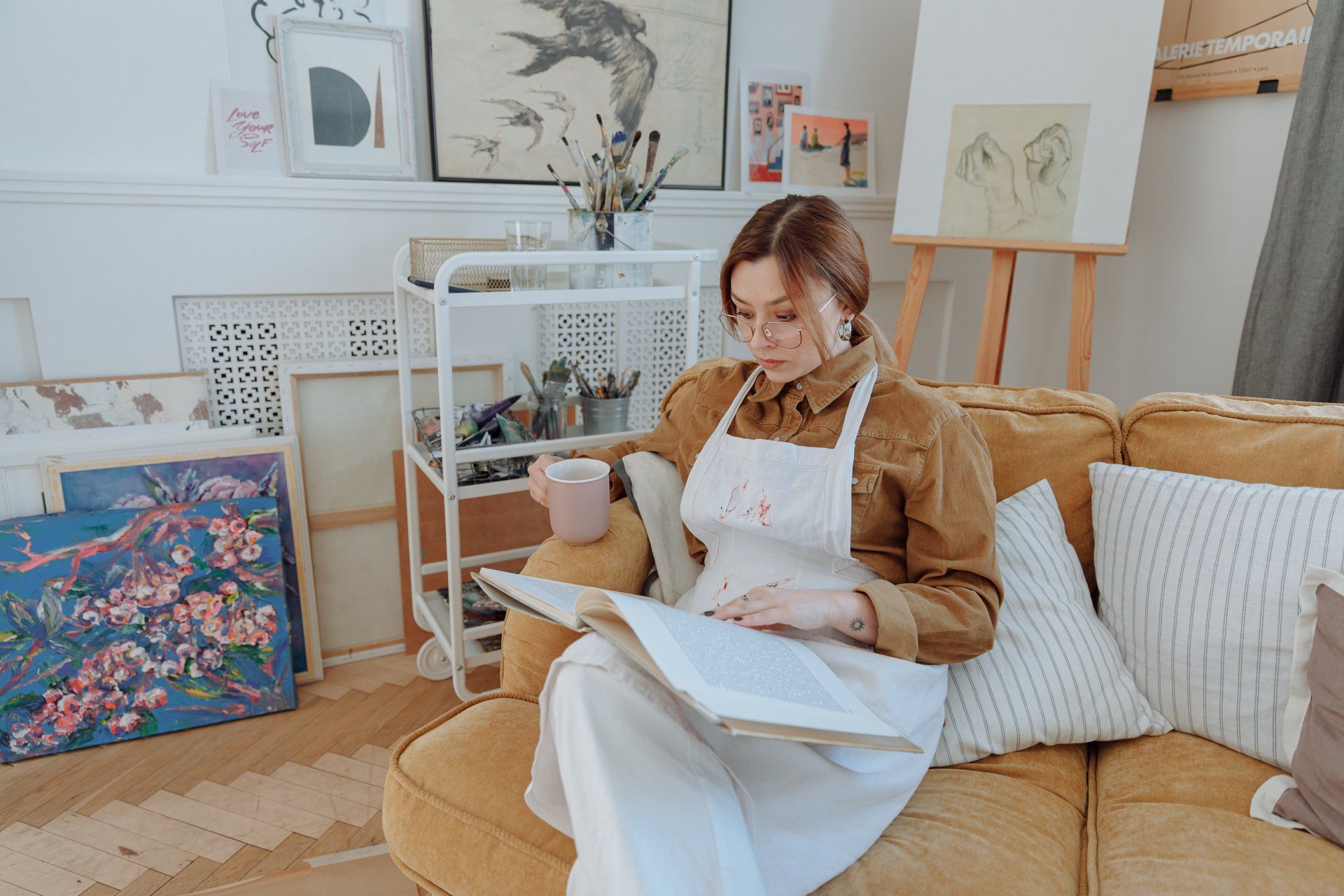Art Therapy and Alzheimer's: Creative Expression as a Form of Healing

Alzheimer's disease is a progressive neurodegenerative disorder that primarily affects memory, thinking skills, and behavior, gradually robbing individuals of their ability to engage with the world around them. As it progresses, Alzheimer's can also lead to difficulties in communication and emotional expression, leaving both the individual and their loved ones grappling with the challenges it presents. While there is currently no cure for Alzheimer's, various approaches have been explored to improve the quality of life for those affected by the disease. One such approach that has gained recognition and acclaim is art therapy.
Art therapy harnesses the power of creative expression as a means of communication and emotional release. It provides individuals with Alzheimer's an avenue through which they can express themselves when words fail them. Moreover, it offers them a sense of accomplishment and empowerment, fostering feelings of
self-worth and dignity amidst the challenges they face.
Understanding Alzheimer's Disease
Before delving into the role of art therapy in Alzheimer's care, it is essential to understand the nature of the disease itself. Alzheimer's is characterized by the accumulation of abnormal protein deposits in the brain, leading to the formation of plaques and tangles that interfere with neuronal communication and eventually cause cell death. This process results in the progressive deterioration of cognitive functions and, consequently, the individual's ability to engage with their surroundings.
One of the most challenging aspects of Alzheimer's is the loss of communication skills. As the disease advances, individuals may struggle to articulate their thoughts and emotions verbally,
leading to frustration and isolation. This communication barrier not only affects their interactions with others but also hampers their ability to express their own needs and desires.
The Therapeutic Potential of Art
Art therapy offers a non-verbal means of communication that transcends the limitations imposed by Alzheimer's. Through painting, drawing, sculpting, or other creative mediums, individuals can express themselves freely, tapping into emotions and memories that may otherwise remain inaccessible. Art becomes a language of its own, allowing individuals to communicate on a deeper level and connect with others in ways that words cannot.
Moreover, engaging in art therapy stimulates various regions of the brain, promoting neuroplasticity and potentially slowing the progression of cognitive decline. Research has shown that creative activities can enhance brain function and improve overall well-being in individuals with Alzheimer's. By providing a stimulating and enjoyable experience, art therapy not only enriches the lives of those affected by the disease but also offers therapeutic benefits that extend beyond the artistic process itself.
The Healing Power of Creative Expression
For individuals with Alzheimer's, engaging in art therapy can be a transformative experience. It provides them with a sense of purpose and accomplishment, bolstering their self-esteem and confidence. Through art, they can reconnect with memories from their past, finding solace in moments of nostalgia and reminiscence. Moreover, the act of creating something tangible gives them a sense of control in a situation where they may otherwise feel powerless.
Art therapy also offers emotional release, allowing individuals to express complex feelings of grief, frustration, or anxiety in a safe and supportive environment. The creative process provides a cathartic outlet for these emotions, alleviating stress and promoting emotional well-being. In group settings, art therapy fosters social connections and a sense of camaraderie among participants, reducing feelings of isolation and loneliness.
Practical Applications in Alzheimer's Care
Integrating art therapy into Alzheimer's care requires a tailored approach that takes into account the unique needs and abilities of each individual. Caregivers and healthcare professionals can incorporate art therapy into daily routines, providing structured activities that promote engagement and creativity. Simple exercises such as finger painting, collage-making, or clay modeling can be adapted to accommodate varying levels of cognitive and physical function.
In addition to individual sessions, group art therapy workshops offer opportunities for socialization and peer support. Participants can collaborate on art projects, share stories and memories, and celebrate each other's achievements. These group dynamics create a sense of community and belonging that is especially valuable for individuals with Alzheimer's who may feel marginalized or misunderstood.
Furthermore, art therapy can serve as a valuable tool for caregivers, helping them cope with the emotional demands of caring for a loved one with Alzheimer's. Engaging in creative activities together can strengthen the bond between caregivers and their loved ones, providing moments of joy and connection amidst the challenges they face.
Conclusion
Art therapy holds immense promise as a holistic approach to Alzheimer's care, offering individuals with the disease a means of self-expression, empowerment, and emotional healing. By harnessing the therapeutic potential of creative expression, art therapy transcends the limitations imposed by cognitive decline, fostering a sense of dignity and well-being in those affected by Alzheimer's.
As we continue to explore innovative approaches to Alzheimer's care, it is essential to recognize the profound impact that art therapy can have on the lives of individuals with the disease and their caregivers. By incorporating art therapy into comprehensive care plans, we can enhance the quality of life for those living with Alzheimer's and promote a culture of empathy, creativity, and healing in our communities.
Contact us today at Home Matters Caregiving to learn more about how art therapy can benefit individuals with Alzheimer's and their caregivers. Our team of dedicated professionals is here to provide support and guidance as you navigate the challenges of caring for a loved one with Alzheimer's disease. Together, we can explore innovative approaches to Alzheimer's care and create personalized care plans that prioritize holistic well-being and emotional healing. Reach out to us today and discover the transformative power of art therapy in Alzheimer's care.


